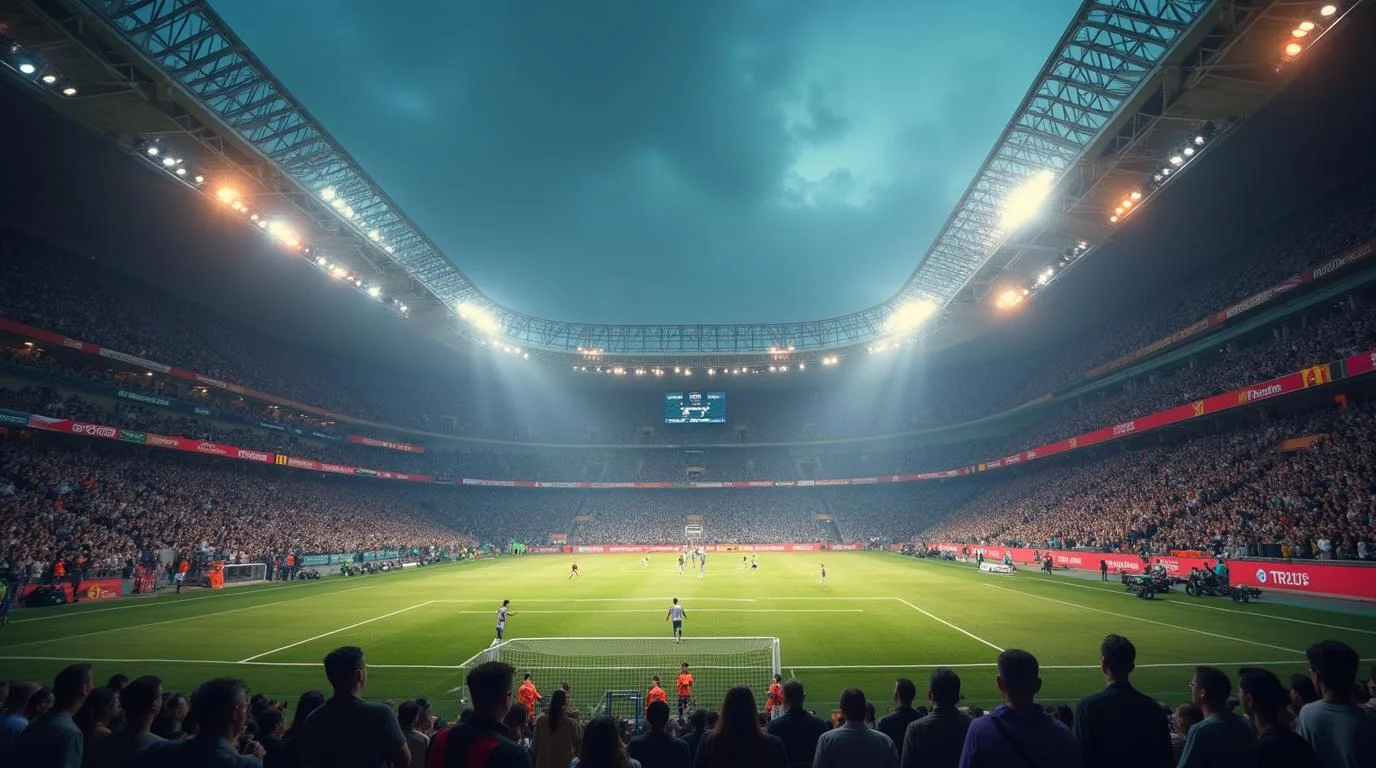Voters Across Different States to Decide on Key Questions Regarding the Future of Casino Gaming

1.0
Default
While everyone is getting ready for the US presidential election outcome, several states will also be voting for the future of casino gaming in the coming election. For instance, in Virginia, voters will decide whether or not a 5th casino will be built, and in Arkansas, voters will decide whether or not to revoke a casino's license.
As the 2024 presidential election comes to a head with Donald Trump and Kamala Harris vying for the nation's top office, another set of high-stakes decisions awaits voters in Missouri, Virginia, and Arkansas. In addition to choosing the next president, voters in these states will weigh in on a series of gaming-related ballot questions that could significantly reshape the commercial gaming landscape in the US. The ballots include measures to open new casinos, expand sports betting, and reconsider existing gaming licenses, potentially impacting state economies, local job markets, and tax revenues.
With Election Day set for Tuesday, the 5th of November, early voting has already been underway for weeks. Here's a breakdown of what's at stake in each state.
Virginia: a potential fifth casino in Petersburg
In Virginia, voters in Petersburg - a city located about 20 miles from the capital, Richmond - are being asked whether to approve a $600 million casino project proposed by Cordish Companies, based in Baltimore, and real estate firm from Virginia, Bruce Smith Enterprise. Located near Interstate 95, the envisioned Live! Casino & Hotel Virginia would feature a 200-room hotel, eight dining establishments, a large concert venue, and a sprawling casino floor with 50 live casino games, 1,600 slot machines, a 15-table poker room, as well as a sportsbook.
Governor Glenn Youngkin and the Virginia General Assembly sanctioned the Petersburg vote after residents in Richmond rejected similar casino proposals - twice. Unlike Richmond, however, Petersburg has shown more interest in hosting a casino, with local support favoring the economic benefits that the project promises. The Cordish project is projected to create thousands of jobs with an average annual salary of around $70,000, delivering an estimated $2.8 billion through the next decade and potentially generating $240 million in tax revenue over the same period.
Many analysts believe that the positive economic impact and strong local support will likely lead to the referendum's passage, paving the way for Virginia's fifth commercial casino.
Arkansas: the future of the Pope County casino license
In Arkansas, a contentious issue is on the ballot as voters consider whether to revoke a casino license for Pope County, where the Cherokee Nation has been working to build a $300 million casino named Legends Resort & Casino. The Arkansas Racing Commission awarded the Cherokee Nation the Pope County casino license in June, but the project has faced opposition from a rival Oklahoma-based tribe that seeks to maintain control over tribal casino operations.
The ballot initiative, known as Issue 2 or the 'Local Voters in Charge' initiative, would strip the Cherokee Nation of its license if passed, reserving gaming licenses only for counties where local referendums express clear support. Although voters statewide approved the issuance of casino licenses for four counties in 2018, Pope County was one of the few that opposed the measure.
Because Issue 2 is framed as a way to reclaim voter control over casino licenses, proponents argue that local communities should have the final say in hosting a casino. Observers suggest that the measure has strong support, which could spell the end of the Cherokee Nation's plans for a casino in Pope County.
Missouri: a major expansion in sports betting and gaming
Missouri voters are considering two significant amendments - Amendment 2 and Amendment 5 - that could open new opportunities for gaming in the state. Amendment 2 seeks to legalize sports betting both online and at physical locations. The initiative has sparked record spending from major players like FanDuel and DraftKings, who support the measure, while Caesars Entertainment has been vocal in its opposition, arguing that it could over-saturate the market and bring in too many operators. However, recent polling and public sentiment indicate that Missourians are largely in favor of legalizing sports betting, making Amendment 2 one of the more likely measures to pass.
Another proposal, Amendment 5, would permit a new casino to be built in the environs of the Lake of the Ozarks, adding to the existing gaming venues along the Osage River. Bally's Corporation and local partner Osage River Gaming & Convention have proposed developing a 20-story casino and hotel complex near Bagnell Dam. So far, there has been limited public opposition to the proposal, and analysts predict it has a strong chance of passing.




















